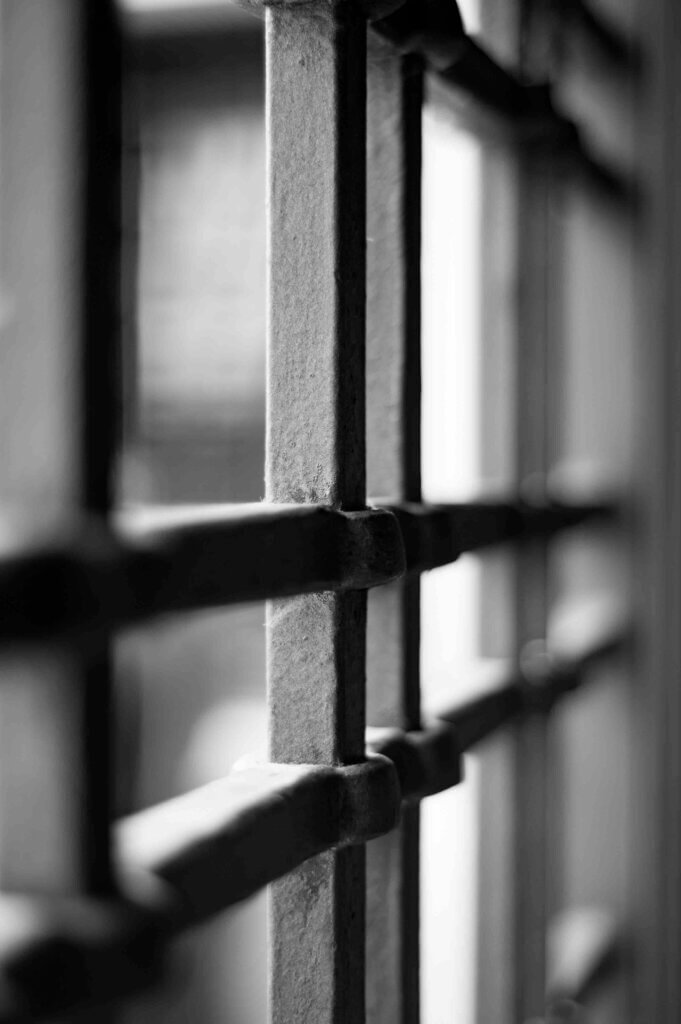Supreme Court Rules in Favor of Inmate in Death Row Case
June 3rd, 2022

The United States Supreme Court recently ruled in favor of permitting ministers to both “pray over” as well as physically touch inmates on death row during the process when lethal injection is received. The Court has increasingly dismissed stay requests from prisoners who are facing execution, so this new ruling is a significant development.
Texas Law Involving Death Row Inmates
The state of Texas in 2019 disallowed a death row inmate from utilizing a pastor to “pray” over that inmate’s body. Indeed, the state barred all outside visitation into the execution chamber saying any chaplain visits could disrupt the proceedings. Prior to the 2019 policy of banning all chaplain visits, Texas did allow Christian and Muslim ministers, but when a death row inmate requested a Buddhist minister, the state decided to exclude all ministers rather than comply with the request.
In the decision, the Supreme Court ruled that claims in Texas about disruptions that might occur during executions are not adequate to overcome the Religious Land Use and Institutionalized Persons Act, which “prohibits the government from burdening the ‘religious exercise’ of incarcerated individuals unless such a burden furthers ‘a compelling governmental interest.’ “
The Majority Opinion and the Dissent
Chief Justice Roberts’ majority 8-1 opinion was a more sweeping reading of the government’s duty to cater to the religious rights of inmates. Chief Justice Roberts delved into the rich history of prayer at the time of a prisoner’s execution and noted it dates back to before the country’s founding. By passing the Religious Land Use and Institutionalized Persons Act, Congress decided that prisoners like this inmate have a strong interest in avoiding substantial infringements on their religious beliefs even while locked up. Roberts commented it is possible to accommodate Ramirez’s religious beliefs without delaying his execution and that the balance of these rights and the public interest favors the inmate’s requested religious relief.
Texas argued that permitting a minister to pray during an execution results in a verbal statement that traumatizes victims or avoids communication among people participating in the execution of the death penalty. Texas officials claim that ministers could either disrupt an inmate or interfere with medical procedures received by the inmate. Roberts stated that these arguments do not follow with past experiences including the history of verbal prayer and placing hands on inmates during previous executions. However, Robert’s opinion ultimately did not address what ministerial accommodation is required during executions including executions performed by gas chamber or electrocution.
Associate Justice Thomas was the sole dissenter and argued that the inmate failed to raise his objections in a timely manner and was essentially stalling. Thomas went so far as to recount the gruesome details of the murder and even question the sincerity of the inmate’s religious accommodation request, viewing the inmate as insincere.
Other Death Row Cases Before the United States Supreme Court
The current case notwithstanding, in a growing number of cases, the Supreme Court has been dismissive of stay requests by prisoners who are facing execution, viewing them as simply a way to delay. During the end of the Trump Administration, the Supreme Court allowed 13 executions to proceed while the prisoners’ claims still unsettled, “prompting Justice Sonia Sotomayor to criticize the court for having ‘repeatedly sidestepped its usual deliberative processes, often at the Government’s request, allowing it to push forward with an unprecedented, breakneck timetable of executions.’ “
While the Supreme Court is generally dismissive of death row inmates’ stay requests, including religious accommodations, possibly because the majority views them as undeserving and untrustworthy, it is notable that in almost all other recent religious accommodations cases, the Court has sided with the religious objectors. The conservatives on the court seem willing to question the sincerity of religious beliefs held by death row inmates, but unable to see the irony in the fact that they never question the sincerity of religious beliefs held by conservative Christians in the public sphere, including those who refuse to bake cakes for a gay couples, refuse to certify same-sex couples as fit foster parents, refuse to get vaccinated for COVID, or refuse their employees access birth control.
The Goal of the Universal Life Church’s Blog
The Universal Life Church’s blog is dedicated to documenting the most recent issues involving religious rights in this country. While many rights originate with the founding of the country, each month countless cases still test the boundaries of these rights. Our blog focuses on documenting the most noteworthy religious rights cases in a way that can be easily understood by readers.


